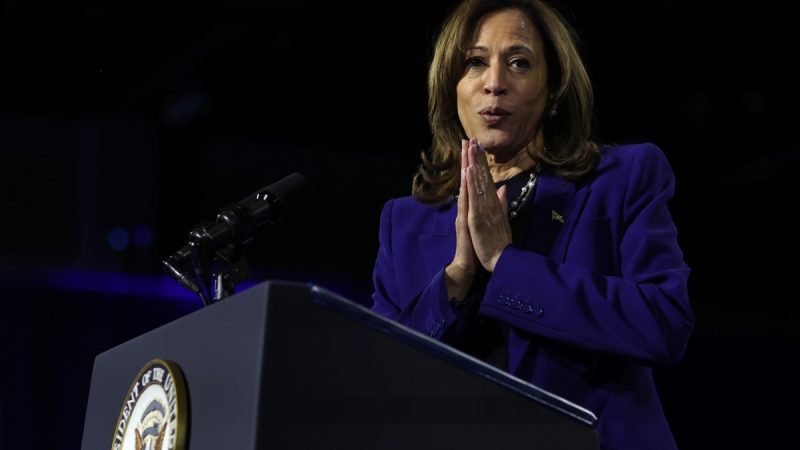In recent times, political landscapes have witnessed numerous challenges and dilemmas. One such situation that has gained significant attention is the potential scenario of Kamala Harris losing her re-election bid as a Democrat. The repercussions of such an outcome have sparked discussions and debates across various platforms, highlighting the complexities and implications associated with it.
One of the primary concerns arising from the possibility of Kamala Harris losing is the impact it would have on Democratic unity and representation. Harris’s position as the first woman, first Black woman, and first person of South Asian descent to hold the office of Vice President symbolizes a significant step towards diversity and inclusivity in politics. Her defeat could not only be a setback for the Democratic Party but also pose a challenge to the ongoing efforts for promoting diversity and representation in leadership roles.
Furthermore, the loss of Kamala Harris could also lead to internal rifts within the Democratic Party. As a prominent figure within the party, her defeat could potentially trigger debates and disagreements regarding the party’s strategies, policies, and overall direction. In such a scenario, Democrats may find themselves grappling with the task of reconciling differing viewpoints and interests, which could undermine their collective strength and effectiveness.
Moreover, the loss of Kamala Harris could impact voter enthusiasm and turnout among key demographics. Harris’s historic candidacy in the 2020 presidential election was instrumental in mobilizing support from various groups, including women, people of color, and young voters. The absence of her leadership and representation in a re-election bid could potentially dampen the enthusiasm of these critical constituencies, leading to lower voter turnout and support for the Democratic Party.
Additionally, Kamala Harris’s defeat could pose a challenge to the broader progressive agenda within the Democratic Party. Harris has been associated with advocating for progressive policies and social justice reforms, which have resonated with a significant portion of the party’s base. Her absence from the political landscape could create a void in championing these causes, raising questions about the party’s commitment to its progressive values and goals.
In conclusion, the potential dilemma of Kamala Harris losing her re-election bid presents a complex and multifaceted challenge for the Democratic Party. The implications of such a scenario extend beyond the individual level to encompass broader concerns related to unity, representation, internal cohesion, voter turnout, and the progressive agenda. As Democrats navigate this uncertainty, they will need to address these challenges proactively to uphold their values, engage their base, and strengthen their position in the ever-evolving political landscape.

